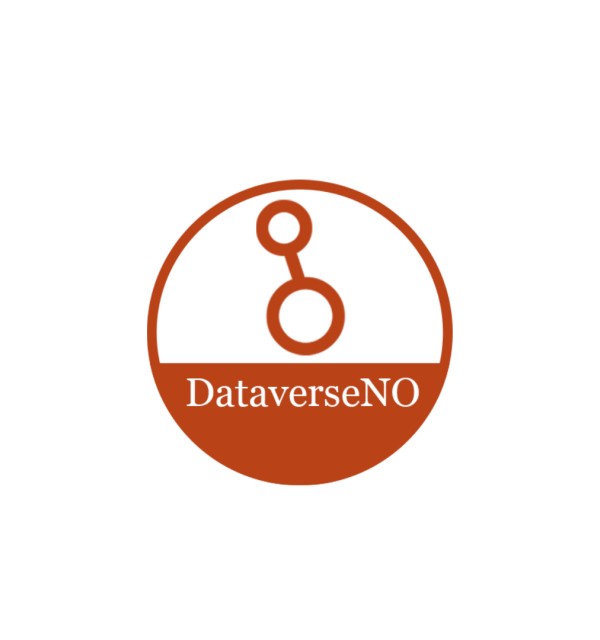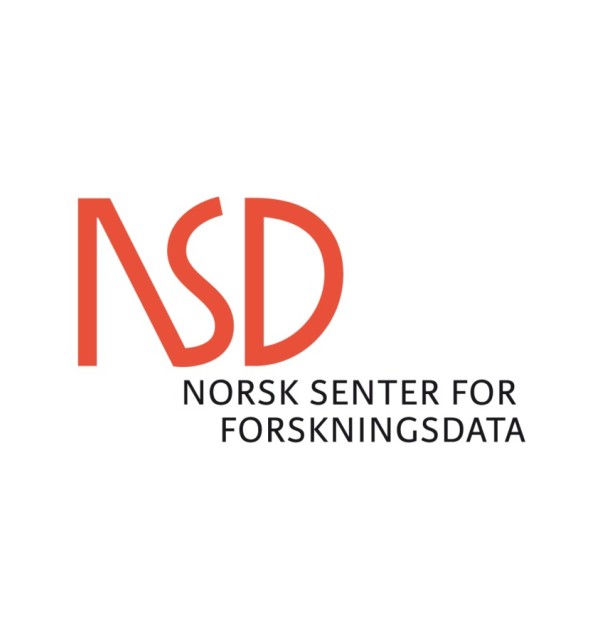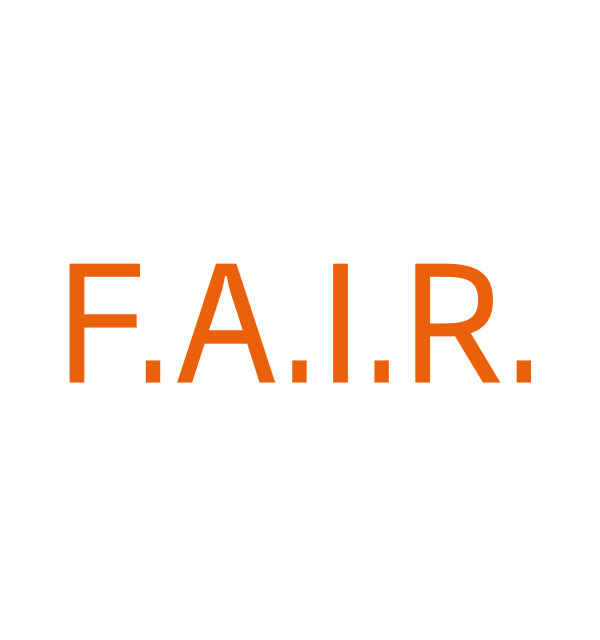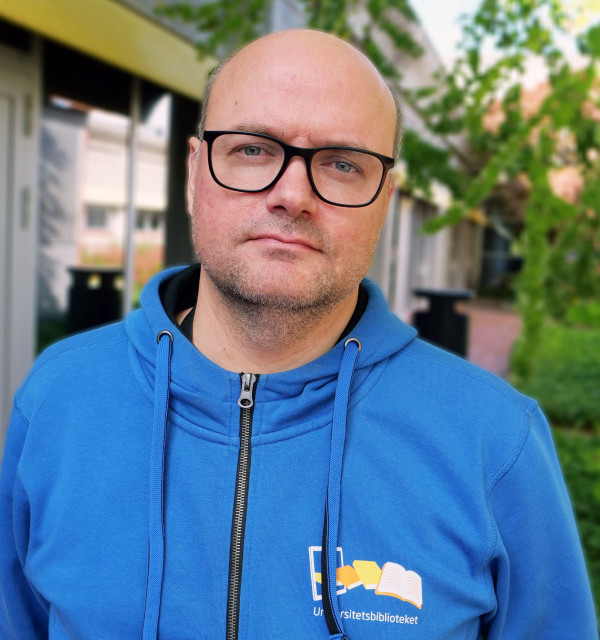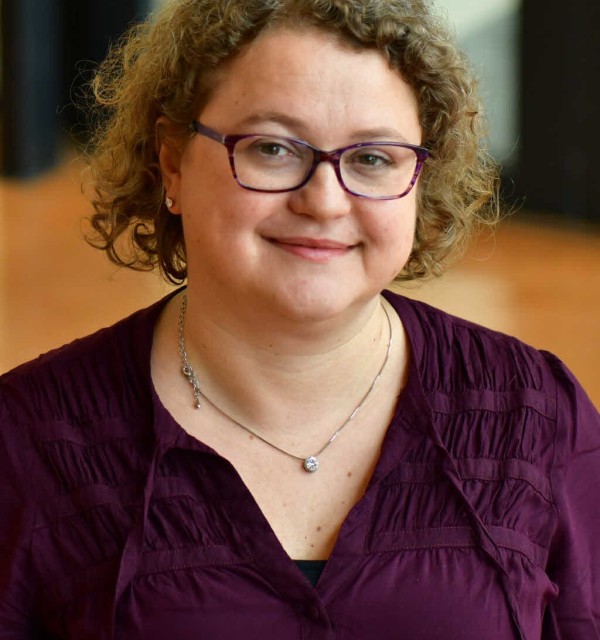Stavanger University Library offers guidance on how to make and store publicly available research data, and how to create data management plans.
Published
Updated on
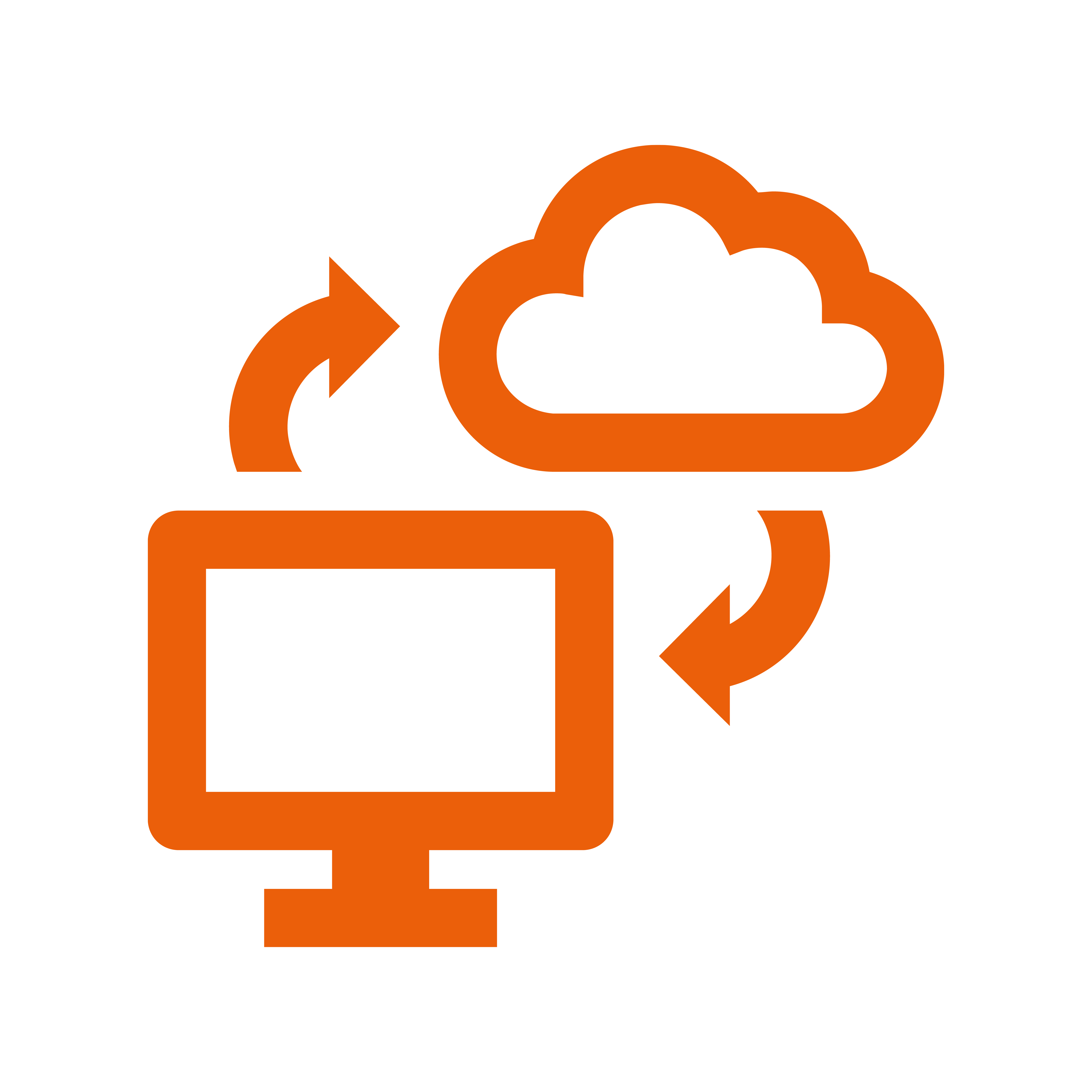
Research data is information in the form of numbers, text, images, audio or video, generated through or arising from, research projects. Researchers are required to create data management plans for their research data. The library can show you how!
The library offers help with:
- How to create a Data Management Plan
- Archiving research data
- Search for research data
- Join a webinar to learn more
Useful links for data management
Questions?
Send us an e-mail if you have questions or need help.
Contact us if you need help with your research data
Senior Librarian
51831115
Ullandhaug / Arkeologisk Museum
Division of Research
Stavanger University Library
Stavanger University Library
